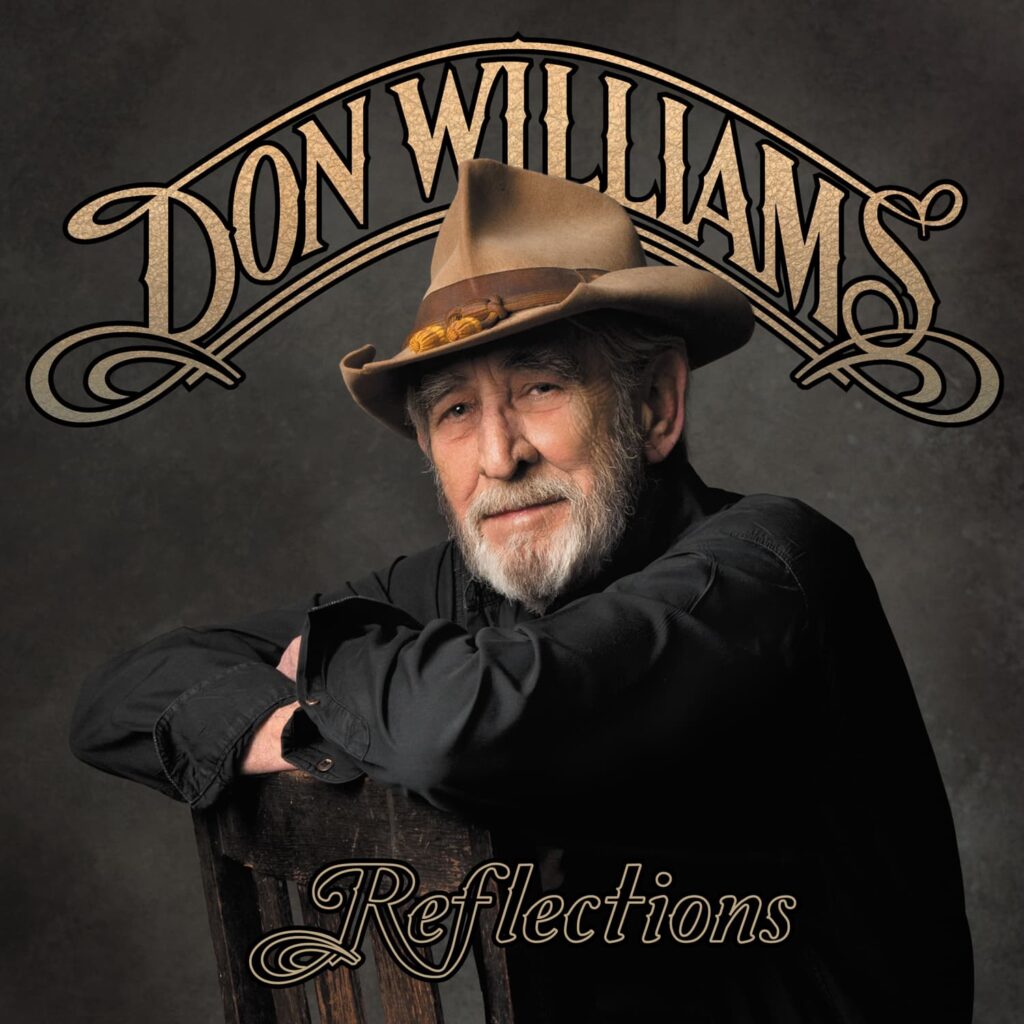
A Quiet Plea for Comfort in the Midst of Goodbye
When the gentle, unhurried voice of Don Williams draws a breath and sings “I’ll Need Someone to Hold Me (When I Cry)”, we are invited into a moment of hushed vulnerability—a man standing in the threshold of departure and longing for the one thing he knows he will need. Released in 1977 on his album Visions, the song was penned by the seasoned songwriters Bob McDill and Wayland Holyfield. Though the single did not assume the chart‑dominating status of some of his later hits, its emotional resonance made it a quietly enduring piece in Williams’ catalogue—and later, a top-five single in the hands of Janie Fricke, whose version climbed to number 4 on the Billboard Hot Country Singles chart and reached number 1 on Canada’s RPM country chart in 1981.
Williams’ version of the song unfolds with a simplicity that mirrors the lyric’s request: “I’ll need someone to hold me when I cry.” In the voice of a quietly steady man, there’s an unspoken admission—despite the outward composure, night will come and with it a solitude the speaker knows he cannot endure alone. The packing of bags and the standing by the door serve not only as literal images of a departure, but as metaphorical gateways to the inner world of loss. The lyrics place the listener in a liminal space: the moment after the decision to “go,” and before the safe landing of acceptance—or the arrival of the needed companion. The chord progression—simple, open, and unadorned—lets the words settle like dusk.
McDill and Holyfield’s craft here is in capturing the trembling heart of a quiet man who knows that pride cannot carry him through his night. He doesn’t demand love or deliver grand speeches—he simply names his need. “I’ll need someone to tell me I’ll get over you / I’ll need a friend to lean on when I’m feeling blue.” Within those lines lies the universal recognition: when the lights go out, hearts will still break; what matters then is the warmth of another hand. Williams’ phrasing—soft, measured, without excess ornament—invites that hand in, offering a space of tenderness in a world too often built on stoic distance.
While the song may not have soared to the top of country charts in its initial form, it has endured because it speaks to the unspoken: the quiet night, the empty chair, the soft tears a man sheds when the world thinks he’s already moved on. Its legacy is in the way it gives voice to a moment of vulnerability and frames it not as weakness, but simply as what it is—a human cry for connection. In that sense, “I’ll Need Someone to Hold Me (When I Cry)” stands alongside the finest country ballads: unflashy yet unforgettably true.
In the catalogue of Don Williams, the song is a gentle but luminous thread—an affirmation that even when the horizon seems to pull someone away, the ache of departure asks only for one companion to lean into. And in that ask, we find not despair, but the quiet courage of acknowledgement.